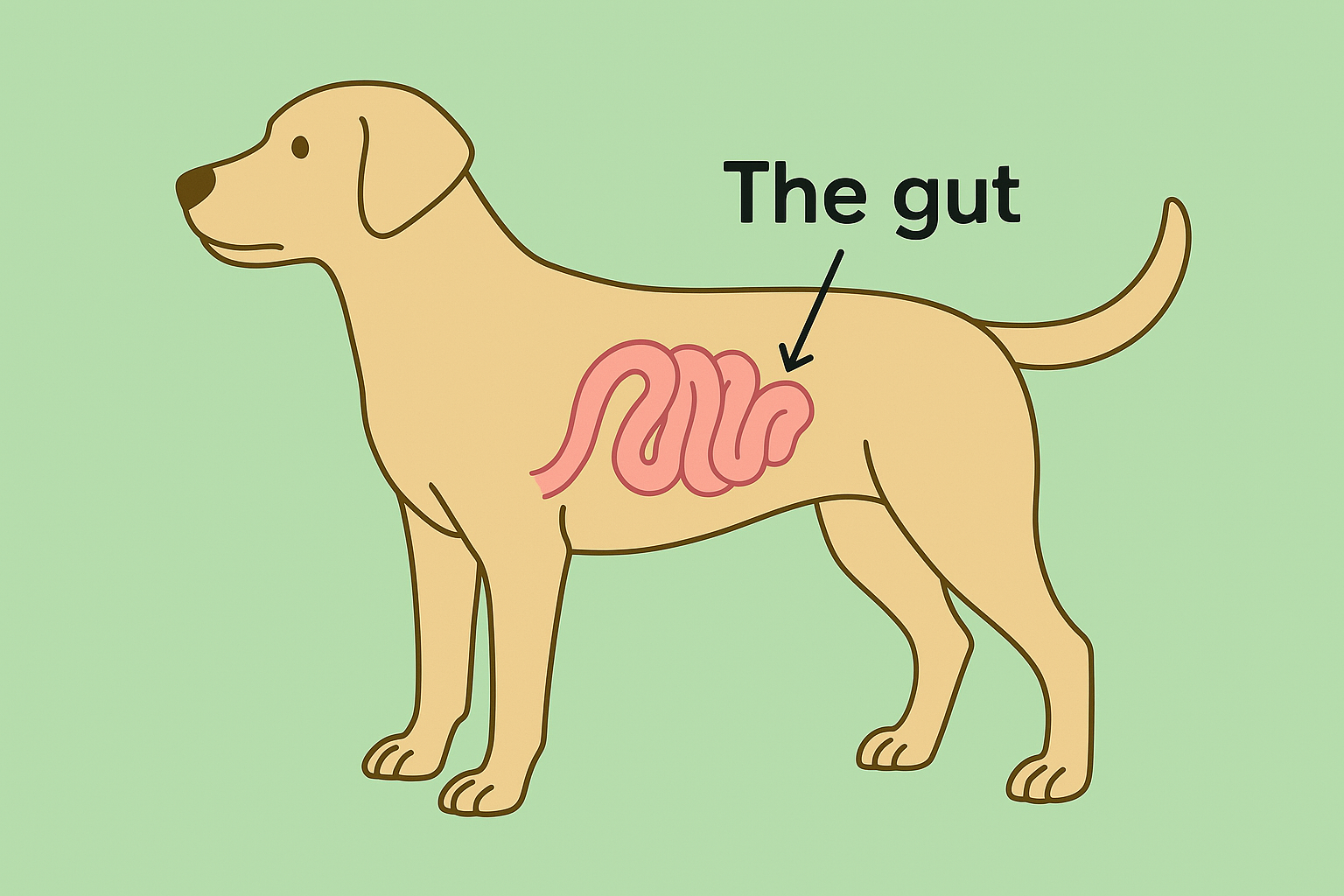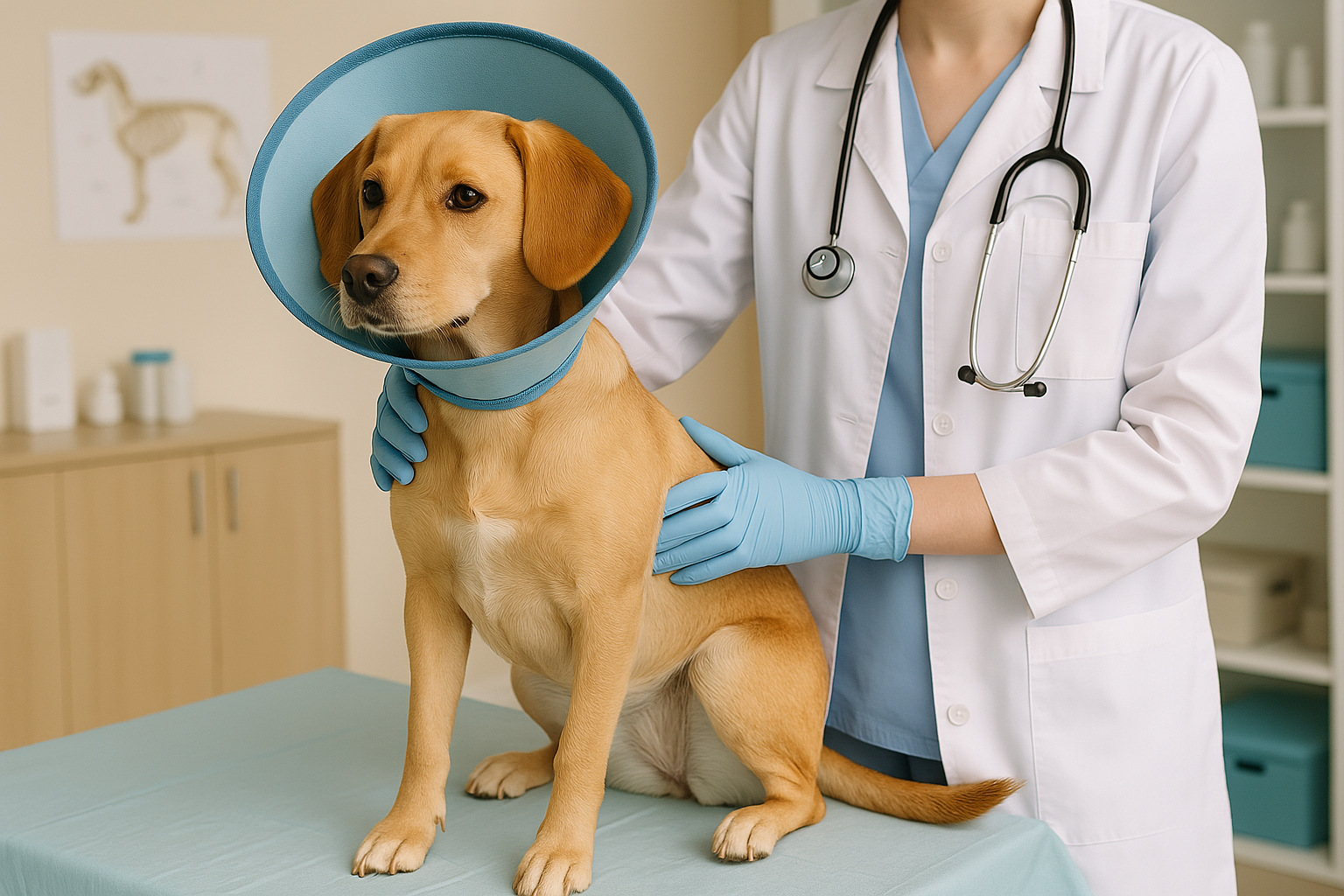
How Often to Worm a Puppy?
Bringing a puppy into your home is a heart warming and exciting experience, but it comes with great responsibility. One of the crucial aspects of puppy care is worming, a process that ensures your furry friend stays healthy and free from internal parasites. Worming is essential to prevent serious health issues and promote a happy, thriving puppy. But how often should you worm your puppy? What happens if you over-worm them? Why is it necessary in the first place? This blog post will cover all these questions in detail.
What Is Worming?
Worming refers to the process of administering medication to eliminate intestinal parasites worms that can infest a puppy’s digestive system. These parasites can be dangerous if left untreated, leading to malnutrition, weight loss, digestive problems, and even severe health complications. Worms such as roundworms, hookworms, whipworms, and tapeworms are common in dogs and can be transmitted through various means, including contact with contaminated soil, infected fleas, or consuming faecal matter from other animals.
How Often Should You Worm a Puppy?
Puppies require frequent worming in their early months because they are highly susceptible to infestations. Many puppies are born with worms, as parasites can be transmitted from their mother before birth or through her milk. Consistency in worming treatments is key to preventing severe infestations and ensuring your puppy grows into a healthy adult dog.
A standard worming schedule for puppies generally follows this timeline:
| From 2 weeks old | Puppies should receive their first worming treatment around two weeks of age. |
| Every 2 weeks until 12 weeks old: | The treatment should continue every two weeks until the puppy reaches 12 weeks of age. |
| Once a month until 6 months old | After 12 weeks, worming should be carried out monthly until the puppy reaches six months. |
| Every 3 months after 6 months old | Once the puppy is older than six months, the worming schedule shifts to every three months for life, following the recommendations of a veterinarian. |
What Happens If You Worm a Puppy Too Much?
While worming is essential, over-worming can have negative consequences. Giving excessive deworming medication can result in side effects such as vomiting, diarrhoea, lethargy, and digestive upset. In extreme cases, repeated exposure to high doses of worming medications could lead to toxicity, damaging the liver or other vital organs.
To prevent over-worming, always follow the guidelines provided by your veterinarian. Do not administer deworming medication without professional advice, and ensure that the dosage is appropriate for your puppy’s weight and health condition.
Why Do Puppies Need to Be Wormed?
There are several important reasons why worming is necessary:
1. Worms Can Cause Severe Health Problems
Puppies are particularly vulnerable to worms because their immune systems are still developing. Untreated worm infestations can lead to serious health problems, including malnutrition, weight loss, bloated stomachs, and failure to thrive.
2. Some Worms Can Be Passed to Humans
Certain parasites, such as roundworms, can be transmitted to humans. Children, in particular, are at risk of contracting worms from infected puppies through direct contact. Regular worming reduces this risk, keeping both your puppy and your family safe.
3. Preventing More Serious Infections
A light infestation of worms may not show immediate symptoms, but as the population of parasites grows, a puppy may experience severe discomfort, diarrhoea, and even anaemia. Preventative worming ensures that puppies do not reach dangerous levels of infestation.
4. Protecting Other Pets
If you have multiple pets, an untreated infestation in one puppy can spread to the others. Keeping all pets on a regular worming schedule minimizes the risk of reinfection and protects your entire household.
Signs That Your Puppy Might Have Worms
Even with routine worming, puppies can still get infected with parasites. Here are some common signs that indicate your puppy may have worms:
-
Bloated or pot-bellied appearance
-
Diarrhoea, sometimes with visible worms in the stool
-
Vomiting, which may contain worms
-
Lethargy and reduced energy levels
-
Weight loss despite a good appetite
-
Scratching or dragging their bottom on the floor (scooting)
-
Visible worms around the puppy’s rear or bedding
If you notice any of these symptoms, consult your veterinarian immediately for proper diagnosis and treatment.
Different Types of Worming Medications
Worming treatments come in various forms, including:
-
Tablets: Easy to administer and effective.
-
Liquid Suspensions: Ideal for young puppies who might struggle with tablets.
-
Paste Formulas: Convenient for mixing with food.
-
Spot-On Treatments: Some worming medications come in topical form, absorbing through the skin.
Your vet will guide you on the most suitable option for your puppy based on their age, breed, and health status.
Examples:

|
With Parazole Oral Suspension, you can effectively treat roundworm, tapeworm, hookworm, and lungworms in your pets. It is safe for puppies and kittens from 2 weeks of age, as well as pregnant bitches. Regular use of this wormer, recommended 4 times a year, helps control outbreaks of worms in your pet. |
 |
The WORM AWAY Plus is a highly effective worming solution designed for dogs weighing between 2.5kg and 20kg. It provides comprehensive protection against a variety of common worms, ensuring your pet stays healthy and happy. |
 |
The WORM AWAY Plus is a highly effective worming solution designed for large dogs weighing between 12.5kg and 70kg. It provides comprehensive protection against common intestinal worms, ensuring your pet stays healthy and comfortable. |
Puppies can be infected by several types of intestinal worms. Here are some of the most common ones:
1. Roundworms (Toxocara canis, Toxascaris leonina)
-
One of the most frequent parasites in puppies.
-
Can be transmitted from the mother before birth or through her milk.
-
Looks like long, spaghetti-like worms.
-
Causes bloated bellies, poor growth, diarrhoea, and vomiting.
2. Hookworms (Ancylostoma caninum, Uncinaria stenocephala)
-
Small, thin worms that latch onto the intestinal walls and feed on blood.
-
Puppies can get them from contaminated soil or their mother’s milk.
-
Causes anaemia, weakness, pale gums, and bloody stools.
3. Whipworms (Trichuris vulpis)
-
Thin worms that reside in the large intestine.
-
Less common in puppies but can still infect them.
-
Symptoms include weight loss, diarrhoea, and dehydration.
4. Tapeworms (Dipylidium caninum, Taenia species)
-
Spread through fleas or by eating infected animals.
-
Looks like small rice-like segments in stool or around the puppy’s rear.
-
Causes mild digestive issues and excessive scooting or licking.
5. Coccidia (Isospora species) (Not technically worms, but common in puppies)
-
Single-celled parasites that affect the intestines.
-
Contracted from contaminated environments or faeces.
-
Causes watery diarrhoea, dehydration, and failure to thrive.
Early detection and regular worming help keep puppies healthy. If you suspect worms, consult a vet for proper diagnosis and treatment!
FAQs
Q: Can this Parazole be used for pregnant dogs? A: Yes, Foran Parazole Oral Suspension is safe for use in pregnant bitches.
Q: How often should I worm my pet with this product? A: It is recommended to worm your dog and cat with Parazole Oral Suspension 4 times a year to control outbreaks of worms.
Q. Are there natural alternatives to worming medication? A : While some natural remedies exist, such as pumpkin seeds or garlic. Always consult your vet or nutritionist before using any alternative methods.
Q. How can I prevent my puppy from getting worms? A. Regular worming, good hygiene, and preventing exposure to infected faeces or fleas are key. Keep your puppy’s living area clean and ensure they don’t eat anything contaminated.
Our Final Thoughts
Worming your puppy is an essential part of responsible pet ownership. Following a proper worming schedule ensures that your puppy remains healthy, energetic, and free from potentially harmful parasites. While worming is crucial, moderation is key—over-worming can cause harm, so always adhere to professional veterinary guidelines. Regular check-ups, a nutritious diet, and proper hygiene all contribute to a happy, worm-free life for your furry companion.
By taking proactive steps, you can protect your puppy, your family, and your other pets from the dangers of worms. So, mark those dates on your calendar, follow your vet’s advice, and keep your pup on the path to health and happiness! 🐶✨







